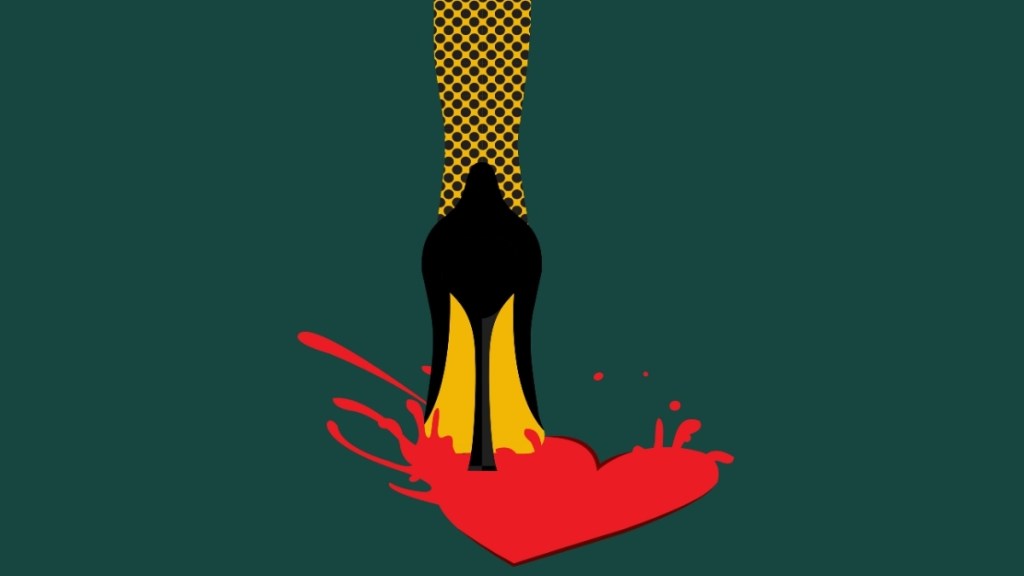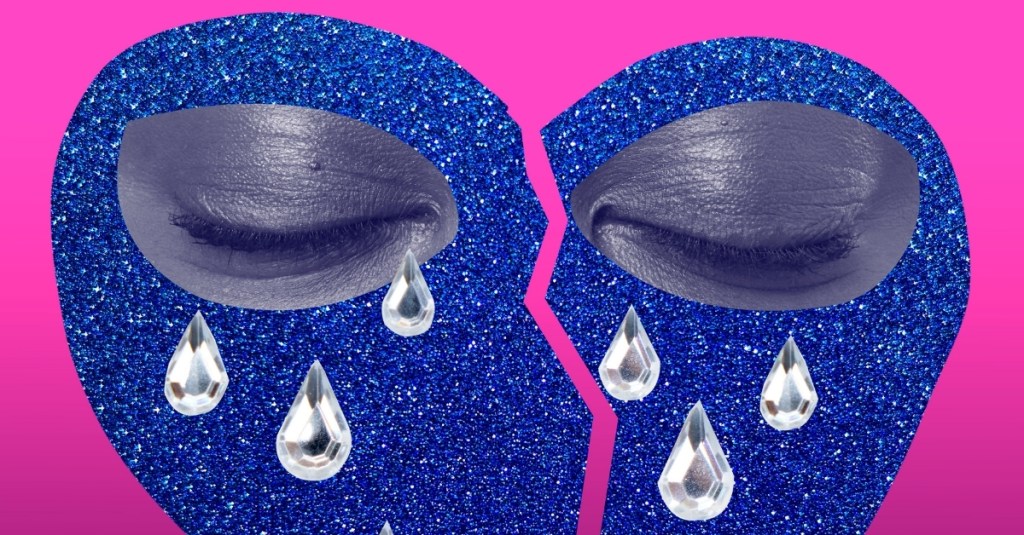Emotional abuse is, unfortunately, common within romantic relationships. In fact, according to the National Domestic Violence Hotline, nearly half of all women and men in the U.S. experience psychological aggression by an intimate partner at some point in their lifetime.
“It’s not about the occasional argument; this is a pattern that chips away at your confidence and emotional safety,” said Charisse Cooke, MNCPS-accredited psychotherapist, online relationship educator, and resident relationships and dating expert at the dating app Flirtini. “Over time, this form of abuse can leave deep psychological wounds like anxiety, depression, or complex trauma.”
Videos by VICE
Oftentimes, people stay in abusive relationships simply because they don’t realize they’re in one. Many toxic behaviors can appear normal to those who have a history of trauma, grew up witnessing unhealthy relationship dynamics, or simply lack experience in dating.
Here are five signs you’re in an emotionally abusive relationship—and how to get out.
1. You’re constantly blaming yourself.
As someone who suffers from chronic shame, I’ve found that I almost always take the blame when things go wrong in a relationship. Even during the times I have felt neglected or disrespected, I would still find a way to point fingers at myself.
If you’re with an abusive partner who takes advantage of your vulnerabilities, this can become a dangerous pattern.
“Mental abusers often shift blame so you doubt yourself,” Cooke explained. “You might hear things like, ‘you’re too sensitive’, or, ‘if you didn’t do that, I wouldn’t react this way.’ Over time, this leads to a cycle of guilt and over-functioning, where you’re always trying to keep the peace, even when you’ve done nothing wrong.”
If you find yourself over-apologizing or assuming the responsibility for every shift in your partner’s mood, consider reflecting on the relationship with a professional.
2. You’re isolating from loved ones.
Many emotional abusers intentionally try to isolate you from your support group.
“At first, it might look like, ‘I just don’t like how your friend treats you,’” said Cooke. “But over time, they chip away at your support system, your family, your friends, even your independence.”
Just as these abusers will try to make you doubt yourself, they’ll also often encourage you to doubt those closest to you. That way, they can become the only source of support in your life, leading you to be overly reliant on them.
As a result, you might also shy away from telling your loved ones the truth about your partner and your relationship.
“You find yourself making excuses for their behaviour or staying home more often to avoid conflict,” Cooke explained. “Emotional isolation makes it harder to see the abuse clearly and easier for them to control the narrative.”

3. You’re addicted to the highs and lows
Emotionally abusive relationships often feel like roller coasters, as they pack high highs and low lows.
“One day you’re being praised and adored, the next, you’re met with cold silence,” Cooke explained. “This push-pull dynamic creates confusion and emotional addiction.”
In my experience, being in this kind of dynamic can throw your nervous system out of whack, as you become hypervigilant and sensitive to any shifts in your partner’s mood.
“You start walking on eggshells, chasing those moments when they’re nice, and blaming yourself when they’re not,” Cooke said. “Love shouldn’t feel like a reward you have to earn or a punishment they withhold when you don’t comply.”
4. You’re questioning yourself
Cooke explained that emotionally abusive partners often make you doubt your memory and judgment. While the term is often misused, intentional “gaslighting” is a common tactic in emotionally abusive dynamics, and it’s a clear sign of mental abuse.
“It sounds like ‘that never happened,’ or ‘you’re remembering it wrong,’” she explained. “When someone repeatedly questions your reality, you begin to lose trust in your own thoughts. You might find yourself second-guessing what you saw, heard, or felt.”
As a result, she continued, you start to question your own ability to see things clearly. In turn, you might rely on your abusive partner to tell you what’s right and wrong, completely losing your sense of self.
5. You’re feeling insecure and unworthy
When you’re stuck blaming and questioning yourself while isolated from your support system, it’s almost impossible to be fully confident in yourself. Not to mention, emotionally abusive partners often add insult to injury by mocking and belittling their partners, sometimes even in front of other people.
The number of times I’ve been told “You’re way too sensitive,” “You’re so dramatic,” and even “No one else could understand you like I do” during my toxic teen years is sickening.
“Disguised as teasing or sarcasm, these remarks sting,” Cooke said. “These aren’t jokes, they’re power plays. Over time, these comments undermine your confidence and teach you to stay quiet, small, and unsure.”
“Real love uplifts,” she continued. “It never humiliates.”
More
From VICE
-

De'Longhi Dedica Duo – Credit: De'Longhi -

We Are/Getty Images -

Photo by tang90246 via Getty Images -

Credit: SimpleImages via Getty Images
